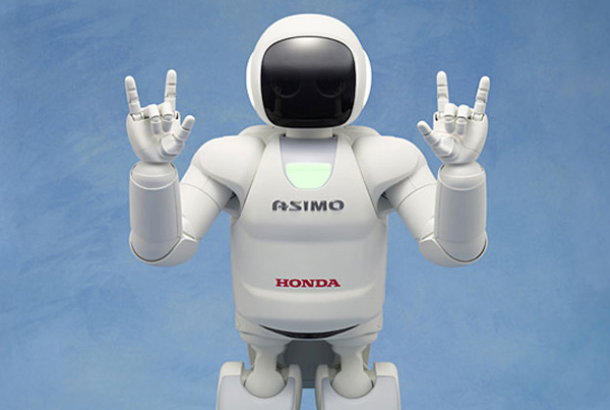Bad arguments against a universal basic income

Eduardo Porter in the NYT:
Figure out a reasonable amount — the official poverty line amounts to about $25,000 for a family of four; a full-time job at $15 an hour would provide about $30,000 a year — and hand every adult a monthly check. The minimum wage worker stretching to make it to payday, the single mother balancing child care and a job — everybody would get the same thing.
Poverty would be over, at a stroke.
But wait:
Its first hurdle is arithmetic. As Robert Greenstein of the left-leaning Center on Budget and Policy Priorities put it, a check of $10,000 to each of 300 million Americans would cost more than $3 trillion a year.
It’s easy to miss that a proposal to give every adult a monthly check has suddenly morphed into giving every American, including about 75 million children, that payment. Indeed, a UBI proposal that distributed payments per household would be a little more than a third as large as the $3 trillion price tag Porter tosses about.
That’s not the only shaky math in the article:
The popularity of the universal basic income stems from a fanciful diagnosis born in Silicon Valley of the challenges faced by the working class across industrialized nations: one that sees declining employment rates and stagnant wages and concludes that robots are about to take over all the jobs in the world.
That scenario might lie in our future — I will devote my next column to discussion of such a universe. But it’s certainly not our present. Men at their prime working ages — 25 to 54 — have been falling out of the labor force since the 1960s. Still, today more than eight out of every 10 Americans in their prime are working.
Um, no. The labor force participation rate — the percentage of people who are either “employed” or looking for work — for 25-54 year olds was 80.9% in 2014, while the unemployment rate in that cohort hovers between four and five percent. And describing the 76% or so of 25-54 year olds who are participating in the labor force and not technically unemployed as “working” is a bit of a stretch, since the BLS counts you as “employed” if you’ve been paid for even a single hour of work in the last four weeks, which hardly means that you have a job in the old fashioned (and increasingly archaic) sense of the word.
Moving right along:
Work, as Lawrence Katz of Harvard once pointed out, is not just what people do for a living. It is a source of status. It organizes people’s lives. It offers an opportunity for progress. None of this can be replaced by a check.
A universal basic income has many undesirable features, starting with its nonnegligible disincentive to work. Almost a quarter of American households make less than $25,000. It would be hardly surprising if a $10,000 check each for Mom and Dad sapped their desire to work.
These two paragraphs come dangerously close to flat-out contradicting each other. If work gives people forms of satisfaction that go beyond money, why is giving people money so likely to reduce them to lazy idlers on the dole?
I don’t have an opinion on an particular variety of UBI because I haven’t thought enough about the issue, but these arguments are pretty terrible.


